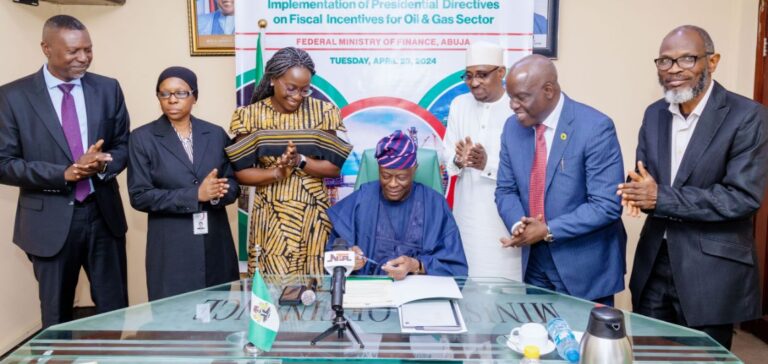Nigerian President Bola Tinubu signed a new executive order on May 30 establishing a set of tax incentives linked to operational efficiency in the upstream oil sector. Named the Upstream Petroleum Operations Cost Efficiency Incentives Order 2025, the measure now ties tax advantages to measurable cost reductions across onshore, shallow water and deepwater projects.
Companies that meet performance benchmarks set by the government may benefit from a tax credit of up to 20% of their annual tax liability. This mechanism is part of a broader strategy aimed at boosting Nigeria’s competitiveness amid growing regional competition and declining interest from major international firms in conventional oil projects.
Regional competition and declining appeal
Before Bola Tinubu took office in 2023, Nigeria faced a steep drop in oil investments, with annual upstream spending falling by 74% between 2014 and 2022, from $27bn to under $6bn. This decline weakened the country’s position in West Africa, as neighbouring nations implemented more competitive tax regimes to attract the same capital.
The new measure complements a series of reforms launched since 2023. These include a 25% tax rebate on investments in gas infrastructure and streamlined procurement procedures, which helped Nigeria secure over $5bn in investments through three major final investment decisions in early 2024.
Focus on gas and offshore segments
In February, three presidential directives revised the fiscal framework for non-associated gas and deepwater offshore projects. These included new tax credits, fiscal deductions for infrastructure, and targeted incentives for segments previously deemed less attractive to investors. In October, the reforms extended downstream with value-added tax exemptions on several products.
The goal is to secure $10bn in targeted investment for deepwater gas exploration and scale up infrastructure for gas transport and exports. This strategic direction aligns with the global perception of natural gas as a transition fuel, increasingly favoured under current market conditions.
“President Tinubu highlighted the importance of coordination between government agencies. If achieved, it could significantly improve Nigeria’s investment appeal,” said Clementine Wallop, Sub-Saharan Africa Director at Horizon Engage.






















